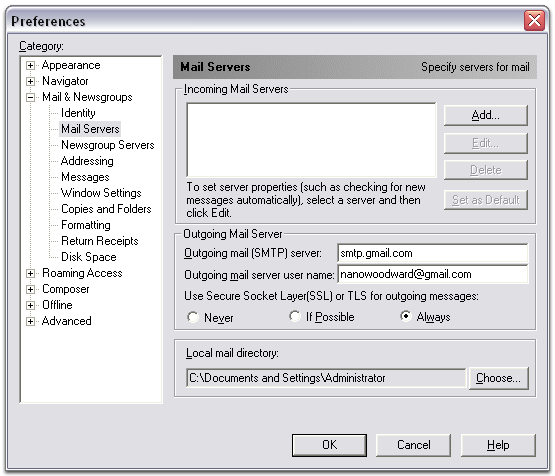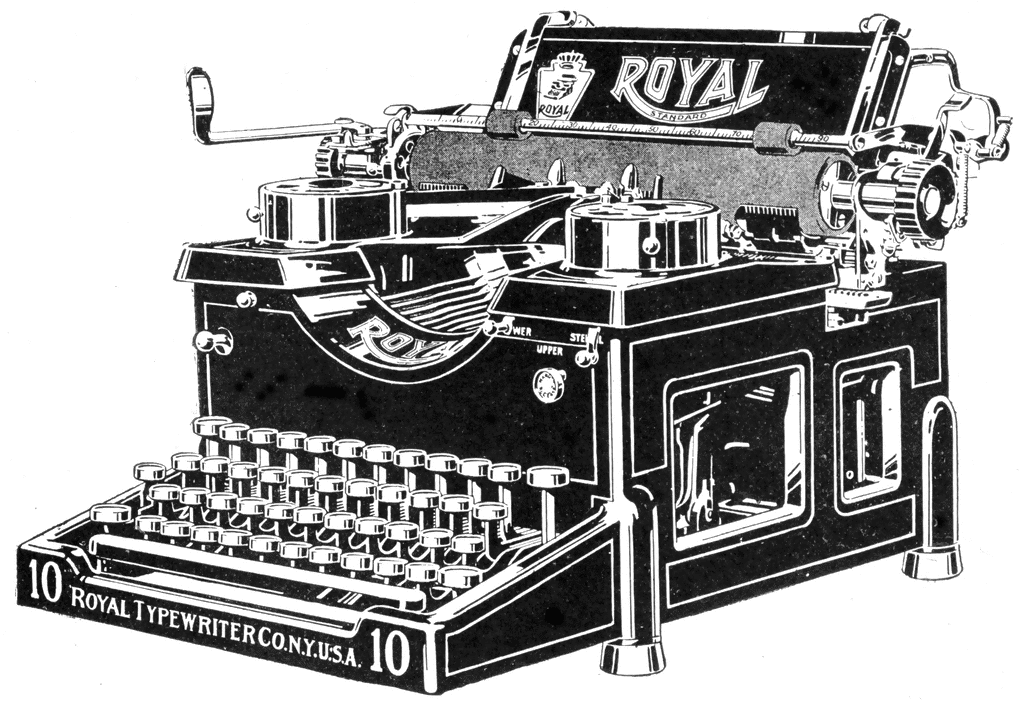Back when writers used paper, that ancient means of putting thoughts into circulation and saving them, famous authors lost precious manuscripts to fire, flood, or simple mischance. Ralph Ellison saw 350 pages of his second novel go up in smoke at his summer house in 1966.
Now we use electronic means, but we face the same danger of loss.
For example, when I publish something in an e-zine, I usually want a copy to save with the fancy art work that surrounds it. I used to simply save a link, but then learned better. Beware! These outfits disappear, or sometimes they simply dump their archives. So now I go to the piece and click on "save page as . . . ," which produces a folder and an HTML file. Then it's on my hard drive permanently. Posterity will no doubt be grateful.
What about the draft of your novel? It's on your hard drive. But hard drives break down, and you could be out of luck. Here are some ways to avoid losing things precious to you.
First, get an external hard drive, plug it in, and copy all your important files. When your primary drive goes on the fritz, your works are safe.
Make CDs that contain those vital folders. Use a flash drive--those can cost as little as $15 for surprising amounts of space.
All those things are, however, still in your house, which could explode and take them with it. Consider storing things on the Web. Send your important files in e-mails to an account that gives you a large storage allowance--G-mail is one of those. You can buy Web storage, and at least two sites,
4-shared and
X-Drive, offer generous amounts of free storage. (Check all these out--I don't guarantee anything,)
And, as a last resort, copy all those CDs, put them in a box, and ask your Aunt Minnie to let you store them in her attic. Nothing like belt and suspenders both!
(Internet Writing Workshop members John Meyer, Louisa Homerow, Terri Main, and Paul Stenquist helped me compile this information.)






